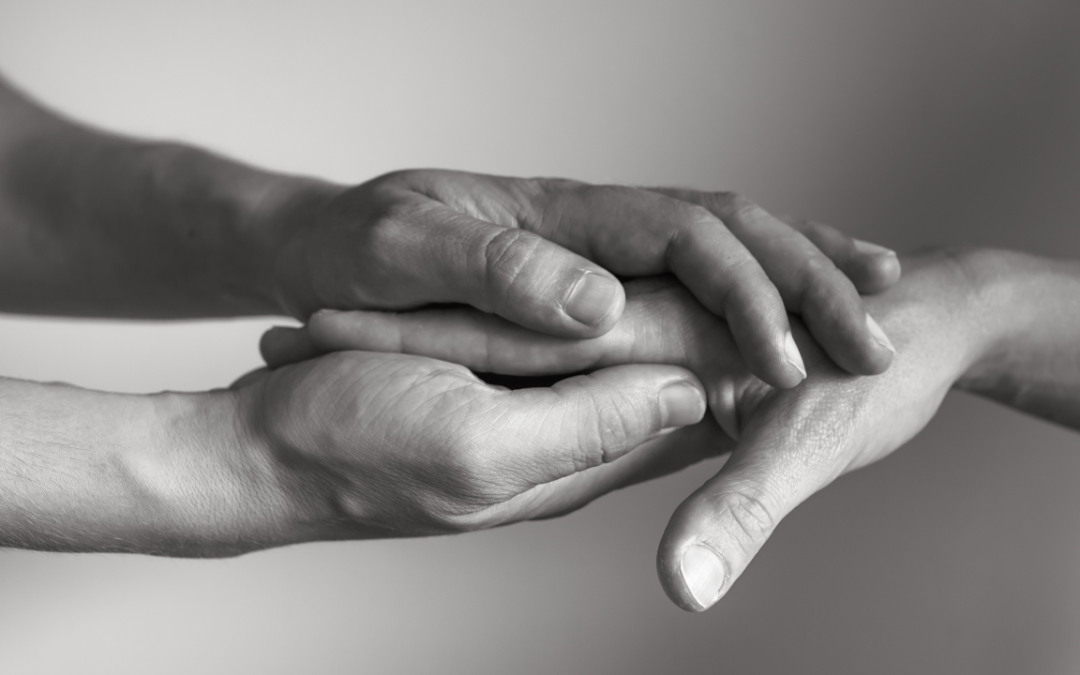If you have just been diagnosed with an autoimmune disease, or multiple autoimmune diseases, know you are not alone. Know people care about you. Know you have a warm, compassionate community around you. You may be feeling scared, confused, and even angry. That’s okay; you deserve to feel how you feel. It is scary, it is confusing and it is infuriating. There is hope.
I first found out when my husband and I were trying to have a baby after several miscarriages. At that time, the year 2000, very few labs had the capability to test for autoimmune diseases. My OBGYN had to send my blood work out of state. I was pregnant when I was tested. I lost the babies; I was pregnant with twins. My doctor was able to find out what was wrong with me. I had Antiphospholipid Syndrome, aka Hughes Syndrome and Hashimoto’s Thyroiditis.
When we got pregnant again, I was treated with progesterone injections, HCG injections, prednisone, heparin injections (I gave to myself), Baby Aspirin, and I had 4 IVIG transfusions. (The first two weren’t calming the APS and the last one was a double dose.) It worked! We got our healthy, strong 9 lb. baby boy! He’s nineteen and still a healthy, strong baby boy! 😊
As is the case with autoimmune diseases, your body has a communication issue. Your antibodies somehow have a message that they need to attack something, but aren’t sure what or why and attack healthy cells. After my son was born, my body went COMPLETELY haywire! Antibodies were attacking almost all of my organs and it took a miracle and a smart Rheumatologist to calm my system down. It worked; however, I was then diagnosed with Rheumatoid Arthritis. We were able to get into remission for several years…now it’s back.
Since then I’ve been diagnosed with a couple more autoimmune diseases, five in total, Multiple Autoimmune Disease.
- Antiphospholipid Syndrome
- Celiacs Disease
- Hashimoto’s Thyroiditis
- Rheumatoid Arthritis
- Sjogren’s Syndrome
What this means is I feel your pain. I know what you are going through and you are why I created this website.
What to Do for You
- Give yourself time to let the news settle. Find things that make you feel happy. For me, it was watching funny movies with my family.
- Search for patient blogs by Googling your diagnosis. I have learned more from patients than medical journals and doctors. I believe that is so because they speak the same language and have experienced what I’ve experienced.
- Start a master list of questions that will pop up often so you have a list to take with you to your Rheumatologist. With or without brain fog, it is hard to remember everything you wanted to ask your doctor. Most people don’t like to talk about themselves or complain. I was guilty of that for a lot of years. I grew up in a family that if you got injured you “sucked it up and got back in the game”. So to share all of my ailments was, at times, more painful than the ailments.
- Keep a list of symptoms you are feeling and if there are trigger for those symptoms. This is especially important if you are taking medication. It is vital you track if you are having ANY reaction to a medication. I’ve had a couple of rheumatologists say I could not be experiencing a side effect(s) because they are so rare. Well, it may be rare but it happens and it was happening to me. That leads me to the next point.
- Be an advocate for yourself and know that your Rheumatologist works for you! If you are not getting your questions answered and things explained to you and/or, are getting “blown off” or dismissed, fire your Rheumatologist. Just like there are good mechanics and bad mechanics, good stylist and bad stylist, the same goes for doctors. I don’t believe they are intentionally dismissing your questions and concerns; I think they are bound by time constraints, insurance in some cases and lack of knowledge. I have fired three before I found one that looks at the whole person and thinks outside the box.
- Be open minded. I had many preconceived ideas and misconceptions. For example, believed my doctor would prescribe a medicine that would make it all better. Medication can be helpful, so can vitamins and supplements, as well as, diet. I’m in my twentieth year of living with Multiple Autoimmune Diseases and though I’ve learned a lot, I am still learning every day. The science is evolving every day and that’s good news for all of us!
- Be selfish. This is probably the most difficult thing to do. I still struggle with this one. I was the main bread winner, I volunteered on a regular basis, I am a mom and a wife. I no longer work or volunteer, my son is in college though I am still a mama bear, and my husband is more knowledgeable about my diseases. This allows me to be a little more selfish. And by selfish, I take a daily nap and cut way down on household chores. 😉 This may be difficult to do, but know that time for you means your body is using that time to heal.
Below is a video from American Autoimmune Related Diseases Association (AARDA). (4:33). It’s a nice overview about autoimmune disease. Please visit our Resource page. It’ s a great place to begin your educational journey into learning more about autoimmune disease. Visit our site often as we are growing and evolving, acquiring up to date data and information for specially for you and all those affected by autoimmune disease. You are not alone. You can not simply survive, but you can thrive!


Recent Comments